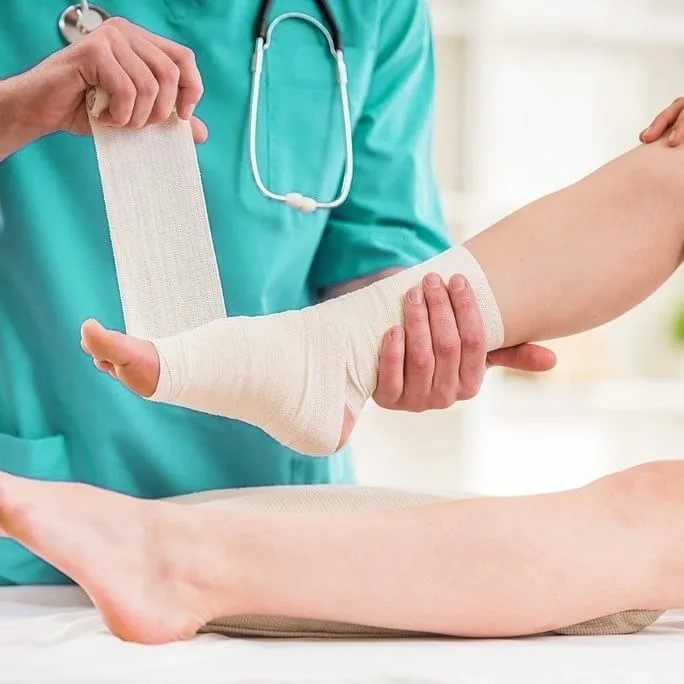
It’s not always clear when it’s time to see an orthopedist. Pain comes and goes, a joint cracks but “not too much”… And then one day movement becomes restricted — and treatment is already more complicated.
Signs that it’s time to see an orthopedist:
• joint pain that doesn’t go away for more than 3–4 days
• cracking or clicking during movement
• swelling, redness, or deformity
• limited mobility — it has become harder to bend, rise, or straighten your leg
• consequences of an old injury, even if it happened long ago
• a feeling of instability — as if the joint is “giving way”
Important: even if the pain goes away, it doesn’t mean the problem is gone. An orthopedist helps find the cause, not just relieve the symptom.
Preventing joint problems at home
An orthopedist helps if a problem is already there. But you can reduce the risk on your own.
Simple habits for healthy joints:
• Stay active — light exercise or a daily walk
• Watch your weight — extra kilos overload knees and spine
• Sit correctly — feet flat on the floor, back straight
• Choose comfortable shoes — no overly high heels and with proper support
• Take breaks — every 40–50 minutes when working at the computer
• Drink water — joints need hydration for elasticity
Even if nothing hurts, it’s useful to visit an orthopedist once a year for prevention — this helps to detect changes in time.
Write a review
Required fields are marked with *
Categories
- News (34)
- Therapy (31)
- GP (23)
- Endocrinology (8)
- Cardiology (8)
- Ortopedics (4)
- Dermatology (3)
- urology (1)
- Check-up (1)
- Ultrasound (1)
Articles
Archive
- January 2026 (8)
- December 2025 (6)
- November 2025 (6)
- October 2025 (6)
- September 2025 (6)
- August 2025 (7)
- July 2025 (4)
- June 2025 (11)
- May 2025 (9)
- April 2025 (5)
Categories
- News (34)
- Therapy (31)
- GP (23)
- Endocrinology (8)
- Cardiology (8)
- Ortopedics (4)
- Dermatology (3)
- urology (1)
- Check-up (1)
- Ultrasound (1)









Comments (0)